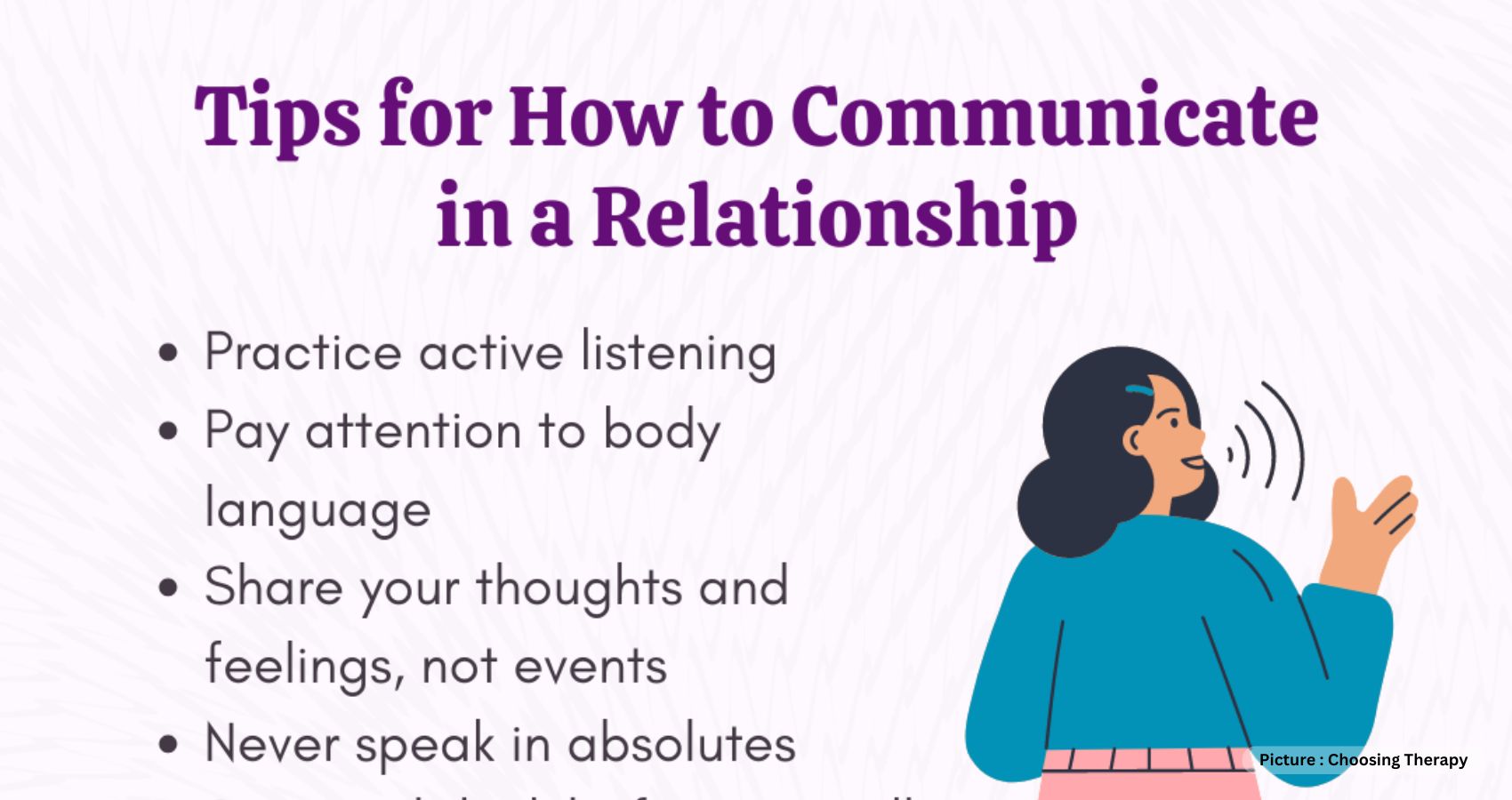Navigating relationships can often appear more complex than necessary. We find ourselves questioning whether our partner is “the one” and if perfection can be sustained. However, reality doesn’t always meet our expectations. When issues arise, the feeling of being overwhelmed or lost in love can set in. To address this, you might explore scientific research, seek counseling, or sift through myriad relationship advice, trying to find something valuable.
The sheer volume of information can be daunting, making inaction seem like the best option. While doing nothing may provide temporary relief, it won’t lead to lasting improvements in your relationship. The good news? Enhancing your relationship is actually simpler than you think, boiling down to just three fundamental strategies.
Take Initiative People who adopt the “take initiative” approach tackle problems head-on. If this sounds like you, it’s difficult for you to sit idly by. Instead, you’re eager to take action and invest time and energy into resolving issues. You prefer being proactive, anticipating potential hurdles and addressing them before they become major concerns. As Nicholas Sparks penned in The Notebook, “So, it’s not gonna be easy. It’s gonna be really hard. We’re gonna have to work at this every day…” Embrace the effort; it’s a natural part of building a strong relationship. Here are some ways to take initiative:
- The four-hour commitment:
Enhancing your relationship doesn’t need to be time-consuming. With 168 hours in a week, allocate just four to prioritizing your relationship. To maximize the impact, plan date nights with “N.I.C.E.” activities—those that are “new, interesting, challenging, and exciting.” Studies indicate that couples who engage in such activities together enjoy better relationships (Aron et al., 2022).
- Develop relationship skills: Use some of those four hours to improve your relationship skills. Key areas to focus on include communication, conflict resolution, understanding your partner, self-awareness, life management, stress management, and sexual/romantic skills (Epstein et al., 2013). Most of these skills involve self-improvement, making them easier to implement without your partner’s assistance. And since there’s always room for growth, revisiting these skills is beneficial. Research suggests that honing these abilities leads to a healthier relationship.
- Be more adventurous in bed: Here’s an enjoyable suggestion: increasing sexual variety can boost arousal and desire (Morton & Gorzalka, 2015). Greater desire and arousal lead to improved sexual satisfaction by combating monotony and boredom, ultimately reducing the likelihood of infidelity. It’s a win-win situation.
Lower Expectations
If adding more to your already busy life seems unattainable, consider wanting less instead of doing more. This doesn’t mean discarding all your standards; rather, adjust your expectations to be more realistic and appreciate what is sufficient.
The “lower expectations” approach appeals to those who understand that their perception of their partner’s actions or their relationship rules affects their happiness. For instance, viewing occasional moodiness as a deal-breaker or believing that happy couples don’t argue is counterproductive. As Hamlet said, “…there is nothing either good or bad, but thinking makes it so.” The issue might not be the relationship itself, but your perspective. Educating yourself about healthy relationships can help.
- Soulmate myth: While romance is important in a relationship, believing in soulmates can impose nearly impossible standards on your partner. No one is truly flawless. Soulmates are thought to be your perfect match, the person you’re destined to be with (Knee & Petty, 2013). When your partner inevitably falls short, doubts arise. You may question whether you’re in the right relationship or if your partner is the right person for you. Let go of these impossible standards.
- Manage expectations: In the film Up in the Air, Anna Kendrick’s character, Natalie, has a highly specific list of qualities she wants in a partner and claims, “I just don’t want to settle.” Vera Farmiga’s character, Alex, explains that not ticking every box on a wishlist isn’t a failure. However, unrealistic expectations will always disappoint, setting both your partner and your relationship up for failure. Instead, lower your expectations by recognizing that neither you nor your partner is perfect. Excessively high expectations and constant dissatisfaction can prevent you from appreciating your amazing partner.
- Avoid searching for problems: Even with properly adjusted expectations, you might still be overly critical of your partner and relationship. Our natural negativity bias encourages us to focus on negative aspects (Rozin & Royzman, 2001). This can lead to “problemicity” or identifying problems where none exist. Research suggests that when your relationship lacks significant issues, you tend to overemphasize smaller ones (Levari et al., 2018). One way to lower expectations is by not creating drama or seeking out problems.
However, don’t disregard all your standards. Lowering expectations too much can lead to unhappiness. Find a balance with reasonable and realistic expectations.
Appreciate What You Have Sometimes the best solutions are the simplest. If you struggle to find time to “do more” and you have fair expectations, consider adopting the easiest strategy: cherish your current relationship. As Alan Kay said, “A change of perspective is worth 80 IQ points.” It’s time to gain wisdom about your love life.
- Be grateful: Improving your relationship could be as simple as expressing gratitude for what you already have. Acknowledge everything that is easy, comfortable, uncomplicated, stable, and predictable in your relationship. We often take these fundamental building blocks for granted, but they are crucial to success. Expressing gratitude for these positive aspects can enhance relationship quality (Algoe et al., 2013).
- Celebrate the positives: Take your appreciation a step further by emphasizing the good parts even more. Researchers call this “capitalization,” which involves savoring good news and positive moments in a relationship to boost individual well-being and self-esteem (Gable & Reis, 2010). Capitalization also increases closeness, satisfaction, intimacy, and commitment in the relationship. Remember, healthy relationships typically have more positives than negatives – just take the time to notice them.
- Embrace positive illusions: You might worry that your partner and relationship aren’t as great as you perceive them to be. What if you’re wrong or deceiving yourself? Surprisingly, holding positive illusions, or viewing your relationship as better than it is, can actually benefit the relationship (Murray et al., 1996). Our overly generous assessments give our partners a goal to strive for, encouraging self-improvement (e.g., “My partner thinks I’m really wonderful, so I better make sure I am so they’re not disappointed.”), which ultimately benefits the relationship.
What’s the Ideal Approach? So, which of these three strategies should you choose? The best one is the one you’re most likely to put into practice. Your personal problem-solving preference will determine the ideal approach.
- If you’re proactive and driven, take initiative.
- Are you somewhat critical, judgmental, or demanding? Lower your expectations.
- If you believe stepping back and reassessing is necessary, focus on appreciating what you have.
Select the strategy that allows you to get started immediately. Once you begin implementing it, you’ll create positive momentum that can be utilized to incorporate other techniques. Feel free to mix and match or stick with the one that works best for you. What truly matters is that you’re actively working to enhance your relationship. Its future is too valuable to do anything less.











